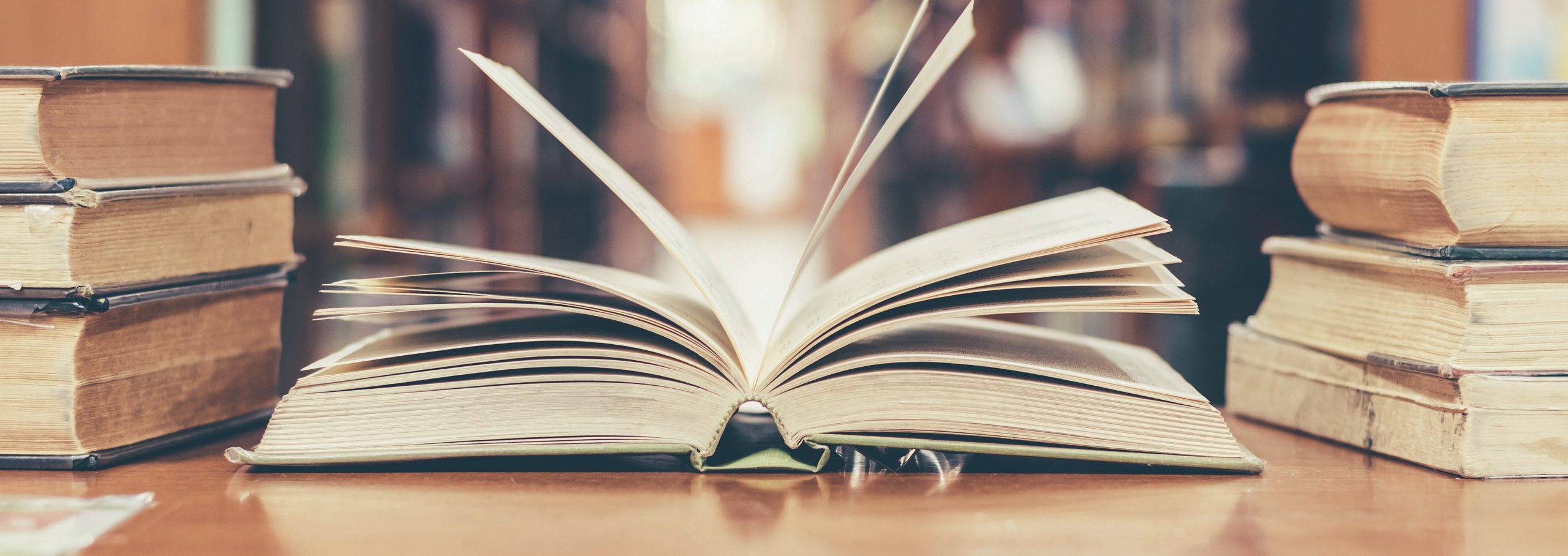
Historians need to be skilled at getting through a lot of reading so that they can demonstrate thorough knowledge of the research in their field. Analysing primary sources is important but, to place those sources in context and to know what new research questions to ask, historians need to know what has been written about their subject, what questions have already been asked and which areas are under-researched. This means reading a lot of secondary sources to get an understanding of the research to date.
Undergraduate students in history also need to read a lot. On a typical history degree, students do 6 hours of reading for each seminar, and they usually have four seminars a week. They might read a couple of academic articles, or chapters in edited collections, which are generally about 10,000 words long. Alternatively, they could be set a combination of primary and secondary sources or a historical monograph (a single-authored book) of about 80,000 words.
Your organisation does not have access to this article.
Sign up today to give your students the edge they need to achieve their best grades with subject expertise
Subscribe



